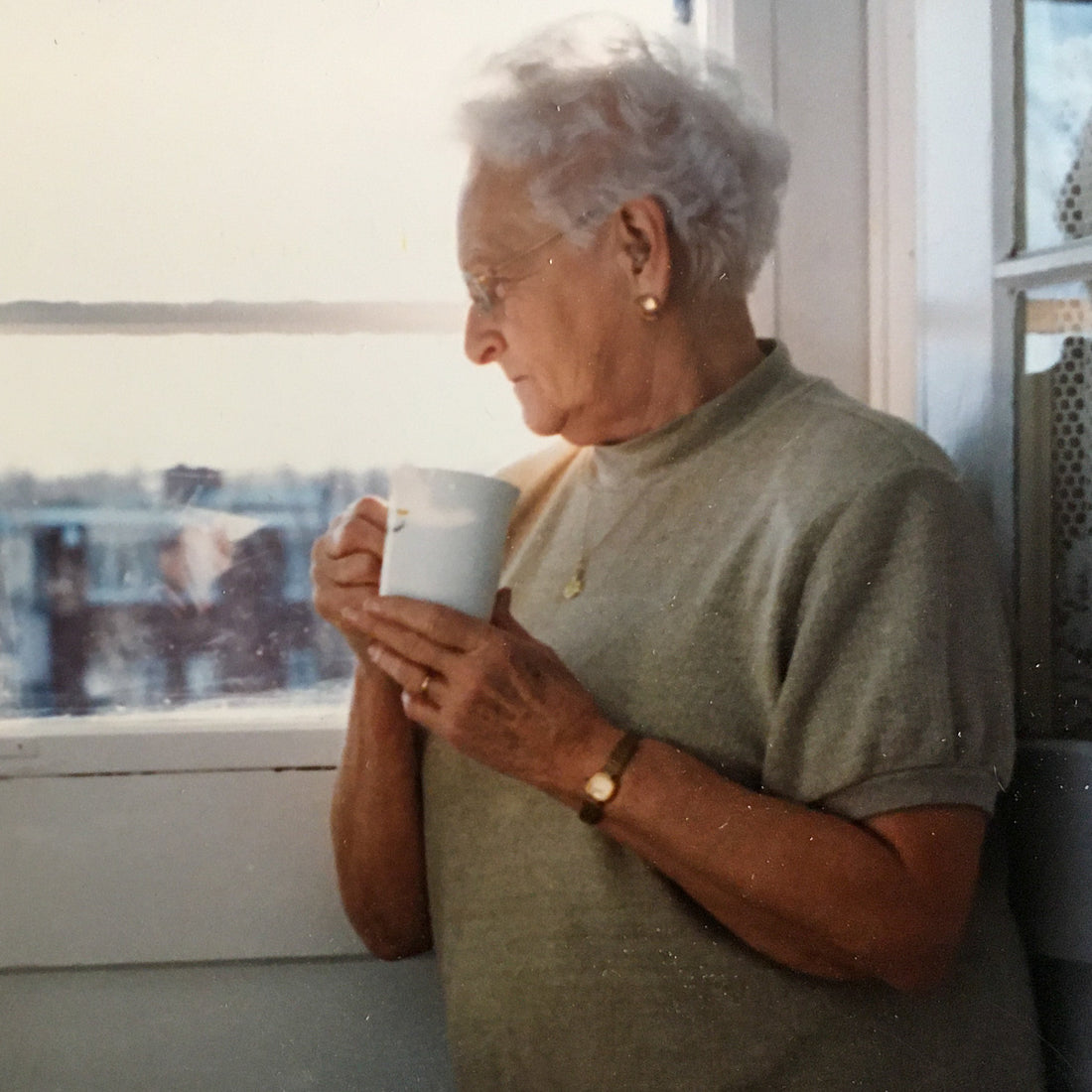
There are some objects in our lives that we hold onto more dearly than others. It might be the first mug you grab out of the cupboard, or the beat-up hammer you rescued from your Grandpa's basement. There are things that we don't just like or find useful, but love.
But what makes them special? They might be mass-produced, easily-replaced, ugly, or even broken… but we hold on. Why? What is the process by which an inanimate lump finds a place in your heart?
To be loved, the object needs to transcend usefulness. The things we love connect us to a memory of the past, or a hope for the future, or a reflection of ourselves. In this sense they are timeless, because they layer our lives with meaning beyond immediate task and utility. They connect us to the future, the present, and the past.
The Future
It's rare to find ourselves satisfied with the present moment. Instead, we all yearn to become a different (hopefully better) person. We want to match our actual self to the image we carry in our heads. Often that adjustment can be done by filling in a blank: "I'm the kind of person who...".
For example, I really want to be the kind of person who owns an original Sam Maloof rocking chair. It's probably not going to happen – they're worth tens of thousands of dollars – but that object reinforces my perception of myself. It says:
- As a woodworker, I have a deep respect for those who elevated my craft.
- I'm the kind of person who likes to sit contemplatively.
- I'm special, because these chairs are rare and expensive.
Some of these may not actually be true, but I certainly want all of them to be true. And a Maloof rocker would get me a little bit closer.

We're constantly matching our acquisitions to our self-perception, and not just with big-ticket purchases. It might be a set of shiny new gardening tools, a bag of tea, or a stack of self-help books.
Sometimes, we love things because they reflect who we think we want to be.
The Present
Some objects just beg to be touched. They have enticing lines, or the color is just so. When we encounter them, we're instantly smitten. We didn't know we wanted a new mug, but this one fits in our hands... perfectly.
When it comes to human relationships, we call this chemistry. Everything just seems to work at an effortless, unintentional level. And this can also be true of objects; sometimes they resonate.
In fact, I'd argue that it's the focus of most design: to create an object that is effortlessly desirable or useful. We don't need to think about enjoying an object. We just do.

When I sell cutting boards, this is the level at which most people respond. The colors and patterns draw them in, and few people can resist the silky texture of the polished wood. People can have the same response about a painting, a toaster, or a jacket. We just seem to get along so very well.
This immediate response can operate independently of our feelings about our future selves. A set of Eva Zeisel salt and pepper shakers doesn't match any notion of who I want to be, but... damn, those are some sexy shakers.

The Past
And finally, there are the things we love because of how they have existed in our lives, or the lives of people we love. It's not about the object itself, but it's about the meaning the object carries. I have one of my grandmother's fine china teacups. It sits on a shelf and I don't use it. It’s in an overly fancy style that I don’t appreciate. But I love it because I loved her.
My father is an accomplished woodturner, and fifteen years ago I gave him an apple tree burl from my first house. When he gave it back to me as a bowl, it was doubly-endowed with meaning: the wood came from a place I love, and it was shaped by a man I love. It's not about the object, it's about the connections it represents.

We bring nostalgia to the objects in our lives because it helps to give us a sense of legacy. We have made an impact on the world. Objects can connect us to memories in a way that transcend both the mental and the physical. A loved object doesn't need to be well-designed or useful or beautiful; we can simultaneously hate a thing for its ugly awkwardness while loving it as a pathway to a memory. This is my grandmother's tea cup, and with every sip it became more valuable -- not because of the object, but because of the hand holding it.

Steve Leroux is co-owner of Saltstone Ceramics and Ruby Pear Woodworks, and spends a lot of time thinking about how craft and creativity fit into our lives. He can be reached at steve@saltstoneceramics.com.

